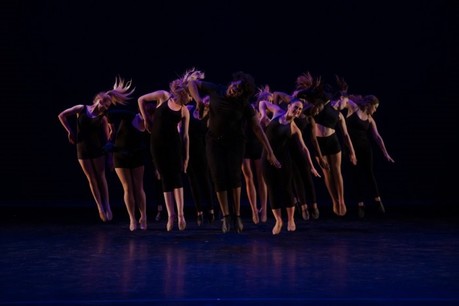|
loading...
Theatre is real movement, and it extracts real movement from all the arts it employs. This is what we are told: this movement, the essence and the interiority of movement, is not opposition, not mediation, but repetition. Hegel is denounced as the one who proposes an abstract movement of concepts instead of a movement of the Physis and the Psyche. Hegel substitutes the abstract relation of the particular to the concept in general for the true relation of the singular and the universal in the Idea. He thus remains in the reflected element of 'representation', within simple generality. He represents concepts instead of dramatizing Ideas: he creates a false theatre, a false drama, a false movement. We must see how Hegel betrays and distorts the immediate in order to ground his dialectic in that incomprehension, and to introduce mediation in a movement which is no more than that of his own thought and its generalities. When we say, on the contrary, that movement is repetition and that this is our true theatre, we are not speaking of the effort of the actor who 'repeats' because he has not yet learned the part. We have in mind the theatrical space, the emptiness of that space, and the manner in which it is filled and determined by the signs and masks through which the actor plays a role which plays other roles; we think of how repetition is woven from one distinctive point to another, including the differences within itself. (When Marx also criticizes the abstract false movement or mediation of the Hegelians, he finds himself drawn to an idea, which he indicates rather than develops, an essentially 'theatrical' idea: to the extent that history is theatre, then repetition, along with the tragic and the comic within repetition, forms a condition of movement under which the 'actors' or the 'heroes' produce something effectively new in history.) The theatre of repetition is opposed to the theatre of representation, just as movement is opposed to the concept and to representation which refers it back to the concept. In the theatre of repetition, we experience pure forces, dynamic lines in space which act without intermediary upon the spirit, and link it directly with nature and history, with a language which speaks before words, with gestures which develop before organised bodies, with masks before faces, with spectres and phantoms before characters - the whole apparatus of repetition as a 'terrible power'.
An excerpt from introduction to the Book: Difference and Repetition by Gilles Deleuze
0 Comments
Leave a Reply. |
Archives
February 2020
Theater as particular art. Theater makers, theater plays. etc ... |

 RSS Feed
RSS Feed
